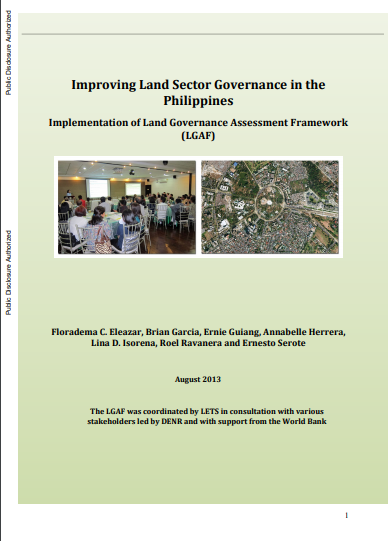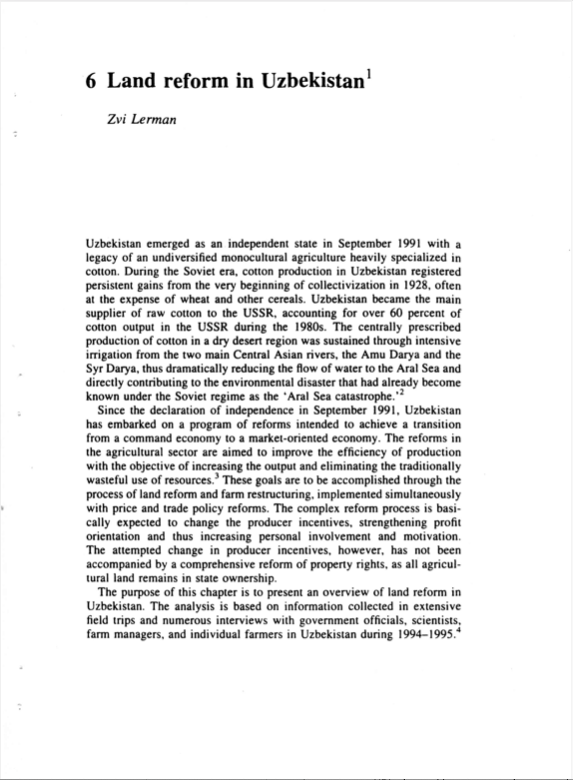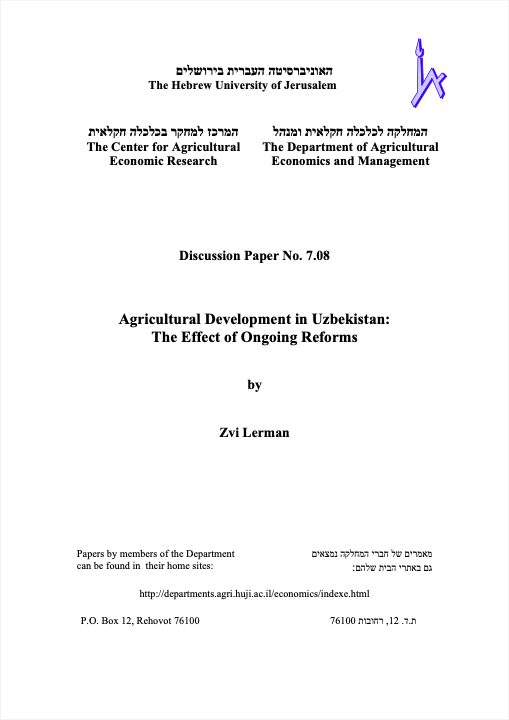Improving Land Sector Governance in the Philippines
Land is considered a vital resource for any nation. It serves as the platform for carrying out
social, cultural and economic activities. Access to land is an important means for promoting
growth and equity and achieving social justice in many countries. The process by which
decisions are made regarding access to and use of land, the manner in which those decisions are
implemented and the way that conflicting interests in land are reconciled are crucial in
determining whether the country has what it takes to derive the desired benefits from this




